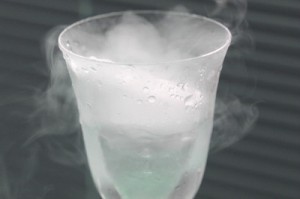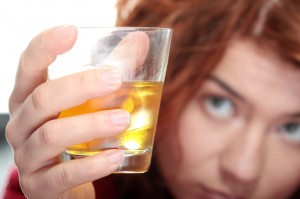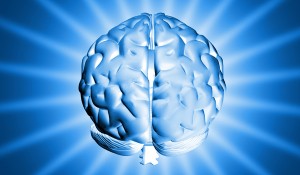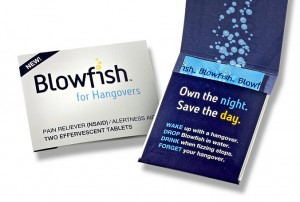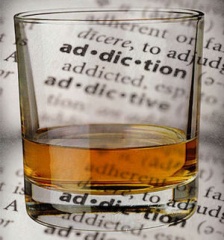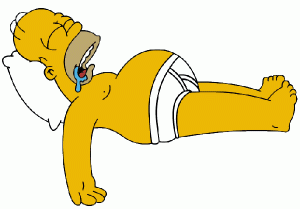Smoking alcohol is the latest trend following a big stir of what is known as butt chugging. Smoking alcohol is an effort to gain a bigger buzz for fewer calories and many young drinkers are inhaling their booze by pouring it over dry ice or free basing it and sucking up the vapors. Either way, skipping over the stomach and liver is incredibly risky when ingesting alcohol.
Smoking alcohol supposedly provides all of the flavor and intoxication of chugging a mixed drink with none of the sugars and calories; this for some people is a God send. But what they may not realize is they are doing more damage than good. Some of the damage done to the body by smoking alcohol may be more dangerous than the weight they would put on from simply drinking it.
Videos of smoking alcohol can be found all over YouTube of course with young people inhaling a smoky dry ice and alcohol mix. Smoking alcohol is a very dangerous tend particularly among college aged students who are looking for extreme ways to get high. It is particularly popular among the college aged men and women who are trying to restrict calories before a night of partying. It even has a name; drunkorexia.
When someone smokes alcohol what happens is it goes directly into the lungs and circumnavigates the liver. The liver is what metabolizes alcohol but when you smoke it, it goes directly from the lungs to the brain making it very harmful and dangerous. The lungs and membranes in the lungs are highly susceptible to alcohol. Not only that but smoking alcohol can dry out the nasal passages and mouth which can leave many alcohol smokers vulnerable to infections. Smoking alcohol also increases the risk of getting alcohol poisoning. When an individual drinks alcohol normally, if they have drunk too much, they will usually begin to vomit. This cannot happen to someone who is smoking alcohol. Instead if they smoke too much alcohol their body will have no way of getting rid of the toxins and helping itself. This could lead to instant death in a worst case scenario.
Smoking alcohol is one of the most ridiculous and dangerous trends to hit the drinking scene yet and the sad thing is the dangers of smoking alcohol could totally be prevented if people would just do what you are supposed to do with a beverage-drink it. All of these new fads which include vodka tampons,butt chugging and smoking alcohol can lead to so many adverse health effects. In fact just purely drinking alcohol can have adverse effects so the effects of consuming alcohol through smoke, the lining of the bowels, or the lining of the vagina seems doubly unpleasant.
For kids who are looking to get high quickly or are looking to get high without all the calories; they should be careful. Using substances in manners other than the way they were intended to be used is also a clear indication of alcoholism and addiction and that can change your life forever if it doesn’t end it first.

